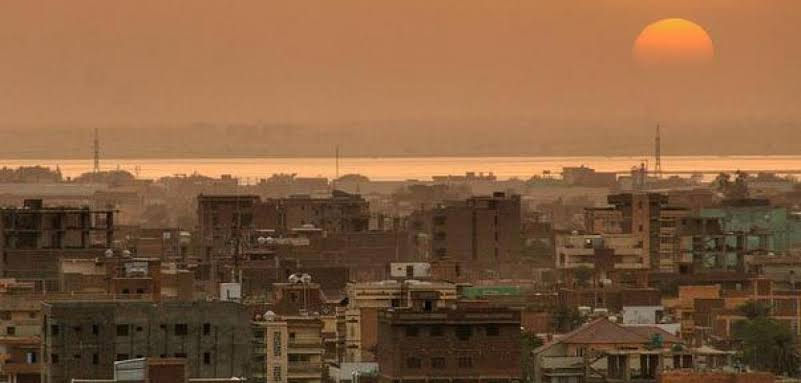








The Translator
The Translator
Leila Abouleila
Rating:4.5/5.0
Time, place and people. Three hooks of the best books. Leila Abouleila explores and exposes all three in a dramatic diversity showing off her skills as a writer. We can give her that. She nailed it; earned appreciation and acclaim from master writers like J.M Coetzee.
The novel is not very lengthy and its very fluid because of the first-person narrative and flawless plot. The voice of narrator is Sammar but isn’t Sammar a bit biographic? Let me give you a hint, Leila Abouleila is a Sudanese Muslim woman writing in English. You never get bored of her though because she transforms from being hysterical, traumatized, insecure Woman in Love who tends to monologue to being an empowered, introspective, and meditative person with an Odyssey spanning on two continents.
There are two parts of the novel, one set in the cold and white landscape of Aberdeen, Scotland and the other in Khartoum, Sudan, whereas Egypt works as a connection between the parts of the novel and the two worlds, West and East. Travelling is theme, plot, and character prop for the protagonist, Sammar and other minor characters like Yasmin and Waleed. Analogous to the archetypal journey to Self as well as interaction between the two bisected spheres of the world in post 9/11 scenario. Muslim and Non-Muslim, West and East. This brings forth all sorts of debatable themes of colonisation, privileges, races, doubts, fears, misconceptions and the gap translation leaves in the exchange of words. Interesting enough? Its not even half of the fun.
From Hamlet to Heathcliff, Juliet to Jane Eyre, characters are undeniably the most gravitating part of any art form but most of all they hook the books to the cover. Tarig is created through recollections; Rae is presented from a character’s viewpoint and Sammar revealed inside out in her voice, will stay with you as one of the most memorable people you ever met. Their social, personal, and spiritual journeys are bound together by a story of love and faith. With Tarig, a Muslim, Sammar finds happiness in her faith and her life but it is with Rae, an agnostic, a non-believer, a drifter at best that she learns to transcend and rise in both.
The book is coloured with sweet nostalgic motifs of love letters, sunglasses, failed tryst of kiss, weathers, and seasons, inside jokes and tears, lots and lots of tears. It claims all your attention with its melodious diction. But what stays with you is the impact of its uniqueness.
Do not forget to grab it the next time you halt at a bookshop. Or do yourself a favour, put it on TBR list of this year.
Happy reading, readers, and muggles.
BaSila Hasnain
07-09-2020


